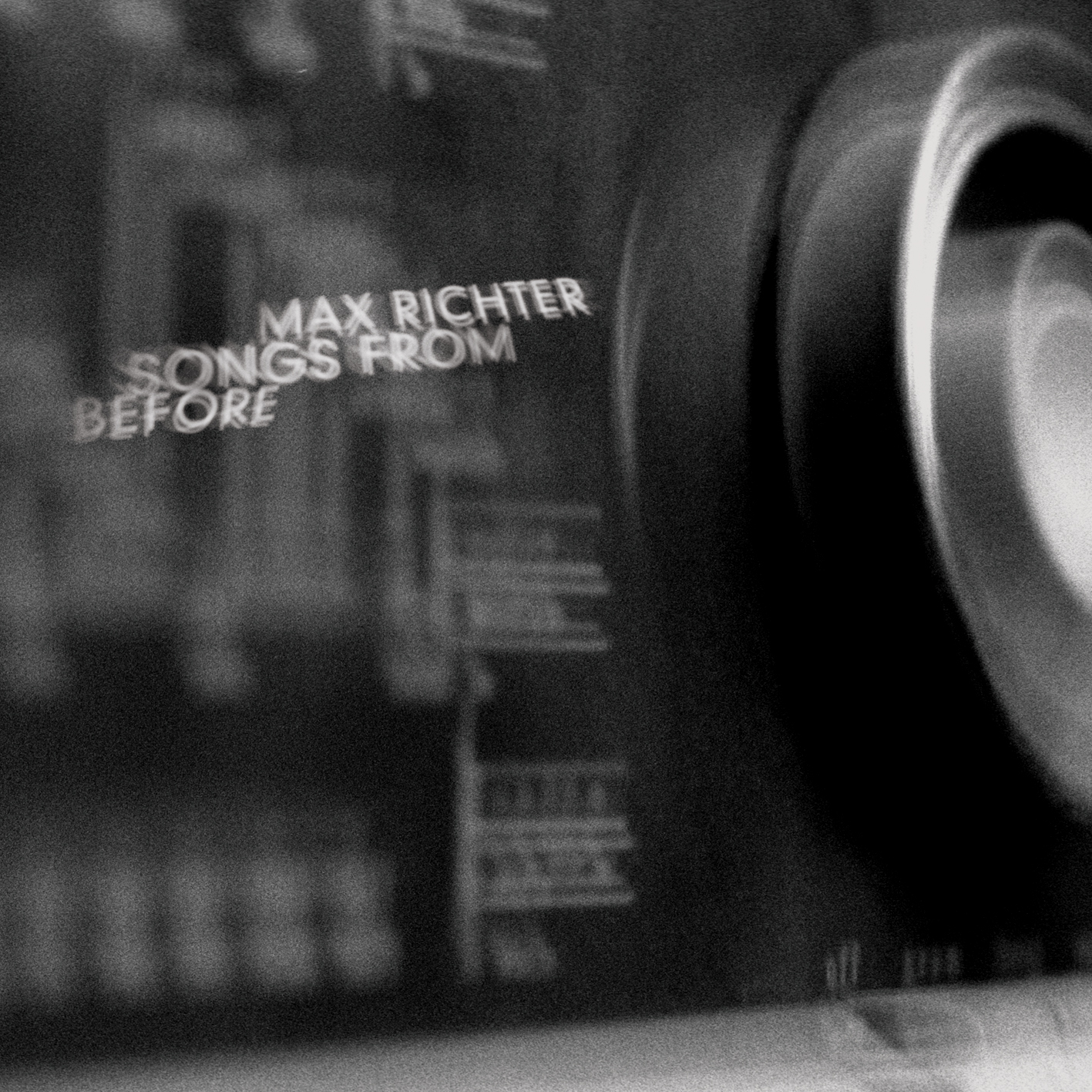I am still relatively new to Max Richter’s work, but I swear every time I hear something new or re-released (like this collection), I am completely enthralled and am left begging for more. Rewind a bit. I’ve never been one for classical music in inverted commas. I appreciate that it has its qualities; it is aesthetically beautiful and has complicated and sophisticated musical arrangements. I get it. It has an ‘age’ to it that seems to transcend time and space, yet to many people, it is old fashioned and has little relevance. And, to be honest, the latter is where I struggle. ‘Classical’ music has been in and out of my life sporadically and I have given it a good go over the years. I have listened to Tchaikovsky, Mozart and Beethoven amongst others and even though I try, I simply cannot appreciate it the way that millions of others can. Being a basic, boring, simple person from a basic, boring and simple background, I guess I concluded that I was just not clever enough to completely appreciate this type of music?
I suppose the ability to appreciate certain music really comes with age and experience. I spent five years in art college during the nineties I and was gratefully exposed to all different types of visual, sculptural and audiovisual art that had widened my horizons and broadened my exposure to music. During this time, I became obsessed with minimalist visual artists such as Barnett Newman, Robert Ryman and Richard Serra. Combined with this came the discovery of minimalist ‘classical’ musicians such as John Cage and La Monte Young. Fast forward 20-odd years and now we have Max Richter continuing the tradition of minimalist ‘classical music’, albeit with a modernist influence. It all makes sense now!
He was born in Germany and educated in Britain, Max Richter studied at Edinburgh University, The Royal Academy of Music in London, and with Luciano Berio in Italy. The original release of this LP was back in 2006 and Songs From Before is the follow-up to 2004’s landmark The Blue Notebooks, on the same label. And it certainly was not overlooked by certain people in the music world. David Bowie said of the original, “It has the power to produce tears when listened to in the right setting. I find it hard not to contribute a vocal to when the fancy takes me.” Suitably beautiful words in retrospect. Additionally, Pitchfork announced at the time that it was “A stunning manifesto where the strings and Richter’s piano pull one another between poles of regret and redemption.”
According to the PR, “The title refers to the fact that the album carries other music inside it – with the sources ranging from music between five and 300 years old – either used as starting points for Max’s own writing, or submerged deep within. Beautifully-recorded and cinematic in scope, ‘Songs From Before’ once again carries a pensive, emotionally resonant tone.” To be honest, I couldn’t agree more with this description. Right from the start, ‘Song’ is a brooding and minimalist opening track that sets the tone of the whole album right from the start with its atmospherics. ‘Flowers from Yulia’ closely follows with the first of Robert Wyatt’s understated and genius inclusion reading of Haruki Murakami’s text.
‘Fragment’ is a beautiful piano led piece that builds on the repetition of this composer’s oeuvre, yet it is punctuated by beautiful minor chords that resonant throughout. ‘Harmonium’ follows very quickly and is led by the sounds of pouring rain that lift with the chimes involved and again it broods with Wyatt’s readings. The whole effect reminds one of the sounds that a cavernous and derelict spaceship may make that has recently been discovered and trespassed.
‘Ionosphere’ sounds like the music is being played through an old gramophone, which to be honest, it probably is. This is where the sounds get playful and start to border on the music of The Penguin Café Orchestra. ‘Sunlight’ seems to be the focal point and is definitely an emotive piece; with its strings, this is possibly the most difficult piece.
‘Lullaby’ is 53 seconds of noise (run backwards) and Wyatt-read text. Track 11 is very Eno-like and again mixes noised with recital. Finally the last two tracks ‘From the Rue Vilin’ and ‘Leo’ (with its piano riff/run) somehow managing to combine the repetitions, beauty and riffing produced by the history and evidence presented here.
Overall, this piece of work is tinged with sadness and melancholy. Yet there is somehow hope to be had within the minimalist sonic debris that lies surrounding it. Repetition runs throughout the work, yet isn’t ‘modern life’ all about repetition? Is Songs From Before a reflection of life as we know it? Quite probably. It is beautiful, though.




